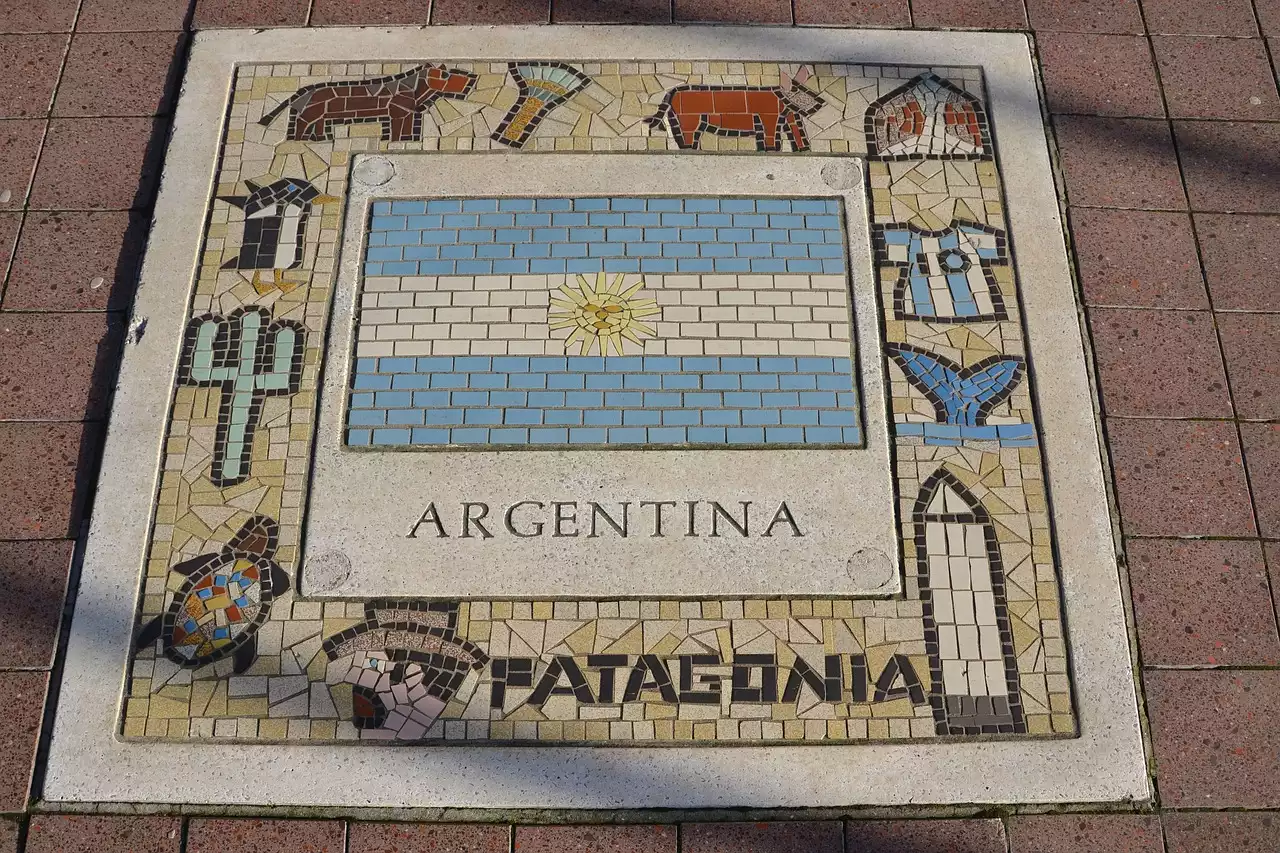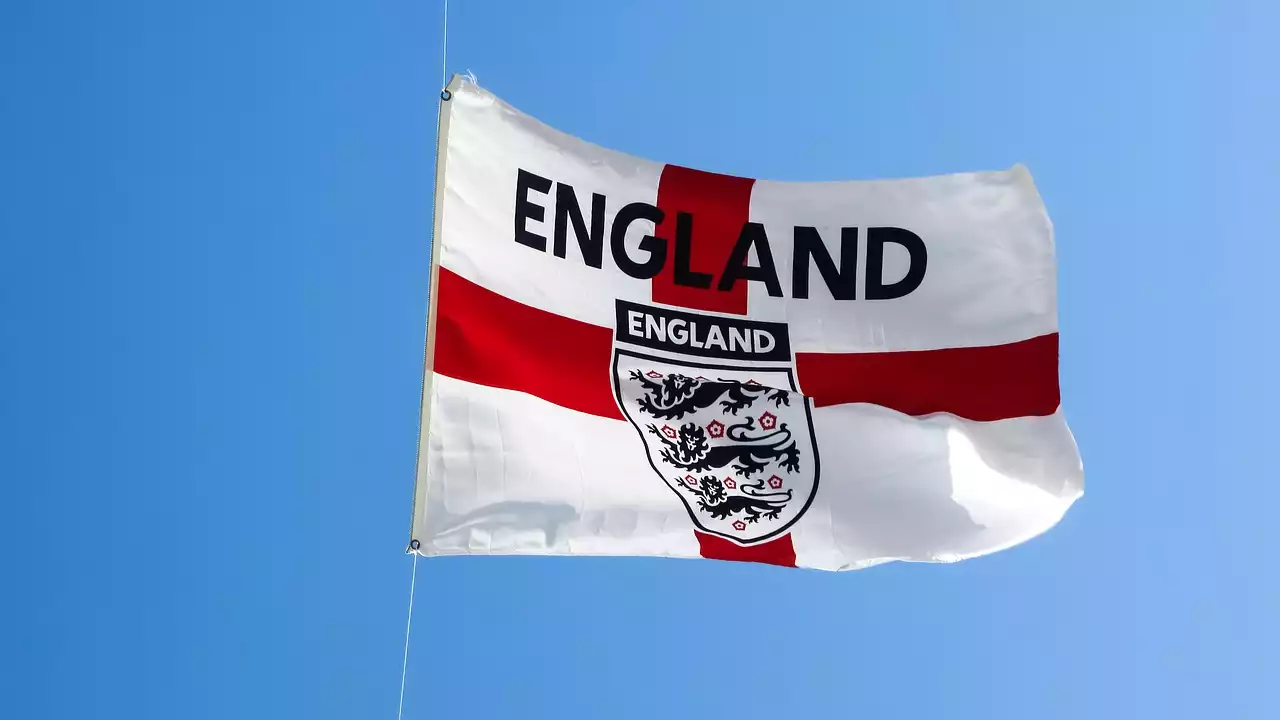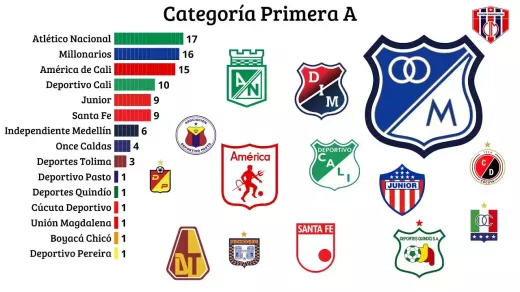Early Years of the Brazil National Football Team
The Brazil National Football Team's journey began in 1914 when the Brazilian Football Confederation (CBF) was founded. The team played its first official match in July 1914 against Exeter City, a team from England. Despite losing the match 2-0, this marked the first step in Brazil's footballing legacy. In the early years, the team faced several challenges, including financial constraints and a lack of experienced players. Nonetheless, they continued to participate in various international tournaments, gaining valuable experience and exposure.
During the 1930s and 1940s, Brazil saw significant growth in its footballing prowess. The team's style of play, characterized by skillful dribbling, quick passes, and flair, began to take shape. This style, known as the "samba style," would become the hallmark of Brazilian football. The team's first major international success came in 1938 when they reached the semifinals of the FIFA World Cup. Although they were eventually defeated by Italy, this achievement laid the foundation for future success.
In the 1950s, Brazil hosted the FIFA World Cup for the first time. The tournament held in Brazil was highly anticipated, and the national team was expected to win. However, the final match against Uruguay ended in a devastating 2-1 defeat, known as the "Maracanazo." This loss left a lasting impact on the Brazilian psyche and the team's determination to reclaim glory in the years to come.
Rise to Glory: World Cup Victories and Iconic Moments
The 1958 FIFA World Cup in Sweden marked a turning point for the Brazil National Football Team. Led by a young phenom named Pelé, the team showcased their attacking prowess and mesmerized the world with their skillful and creative style of play. In the final against Sweden, Brazil emerged victorious with a resounding 5-2 win, securing their first-ever World Cup title. Pelé's performance in the tournament catapulted him to global stardom and cemented his status as one of the greatest players in history.
Building on their success, Brazil went on to win the World Cup again in 1962, this time in Chile. Despite losing Pelé to injury in the group stage, the team showcased their depth of talent and determination. Players like Garrincha, Vavá, and Amarildo stepped up and led Brazil to victory, defeating Czechoslovakia in the final. This triumph solidified Brazil's reputation as a footballing powerhouse.
In 1970, Brazil fielded what many consider to be the greatest football team of all time. Led by Pelé, the team mesmerized audiences with their skill, creativity, and teamwork. From Tostão to Jairzinho, every player played a crucial role in Brazil's stunning World Cup campaign in Mexico. They showcased a brand of football that was both beautiful and effective, culminating in a 4-1 victory over Italy in the final. This third World Cup win allowed Brazil to retain the Jules Rimet Trophy permanently.
Legacy and Ongoing Success
The Brazil National Football Team's success continued in the following decades, with further World Cup triumphs in 1994, 2002, and numerous Copa America victories. Each generation of players added to the team's legacy, with stars like Romário, Ronaldo, Rivaldo, Ronaldinho, and Neymar Jr. carrying the torch. Brazil's commitment to attacking football and their ability to produce exceptional talent has ensured their place as one of the most successful national teams in history.
Off the pitch, Brazil's footballing culture has had a profound impact on the global game. The team's style of play, characterized by flair, creativity, and technical brilliance, has inspired countless players and teams worldwide. The iconic yellow and green uniforms have become instantly recognizable, representing a tradition of excellence and passion. The famous Maracanã Stadium in Rio de Janeiro, with its rich history and electric atmosphere, has witnessed many historic moments for the national team.
In recent years, Brazil has faced challenges and setbacks in international competitions. However, the team's commitment to their unique style of play and their relentless pursuit of success ensures that they remain a force to be reckoned with. As the team continues to evolve and new stars emerge, the legacy of the Brazil National Football Team is set to endure for generations to come.
In conclusion, the Brazil National Football Team's history is a captivating tale of triumphs, challenges, and iconic moments. From their humble beginnings in 1914 to their record-breaking World Cup victories and influential style of play, Brazil has left an indelible mark on the world of football. The team's success has been built upon the talent and dedication of legendary players, and their commitment to playing the beautiful game. Whether it's the early years of struggle, the rise to glory, or the ongoing legacy, the Brazil National Football Team's journey is a testament to the power of passion, skill, and teamwork in the world's most popular sport.









.png?size=50)



